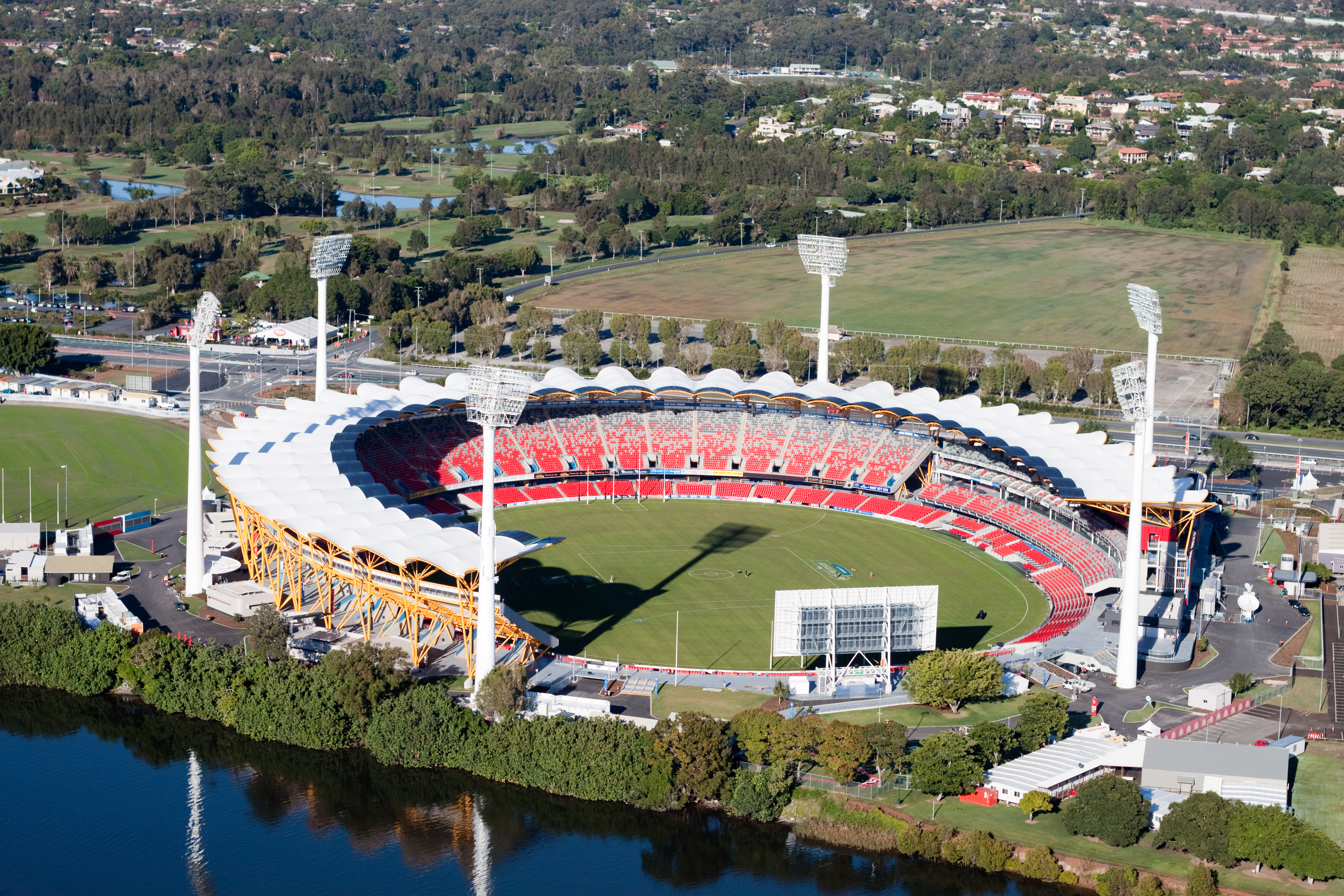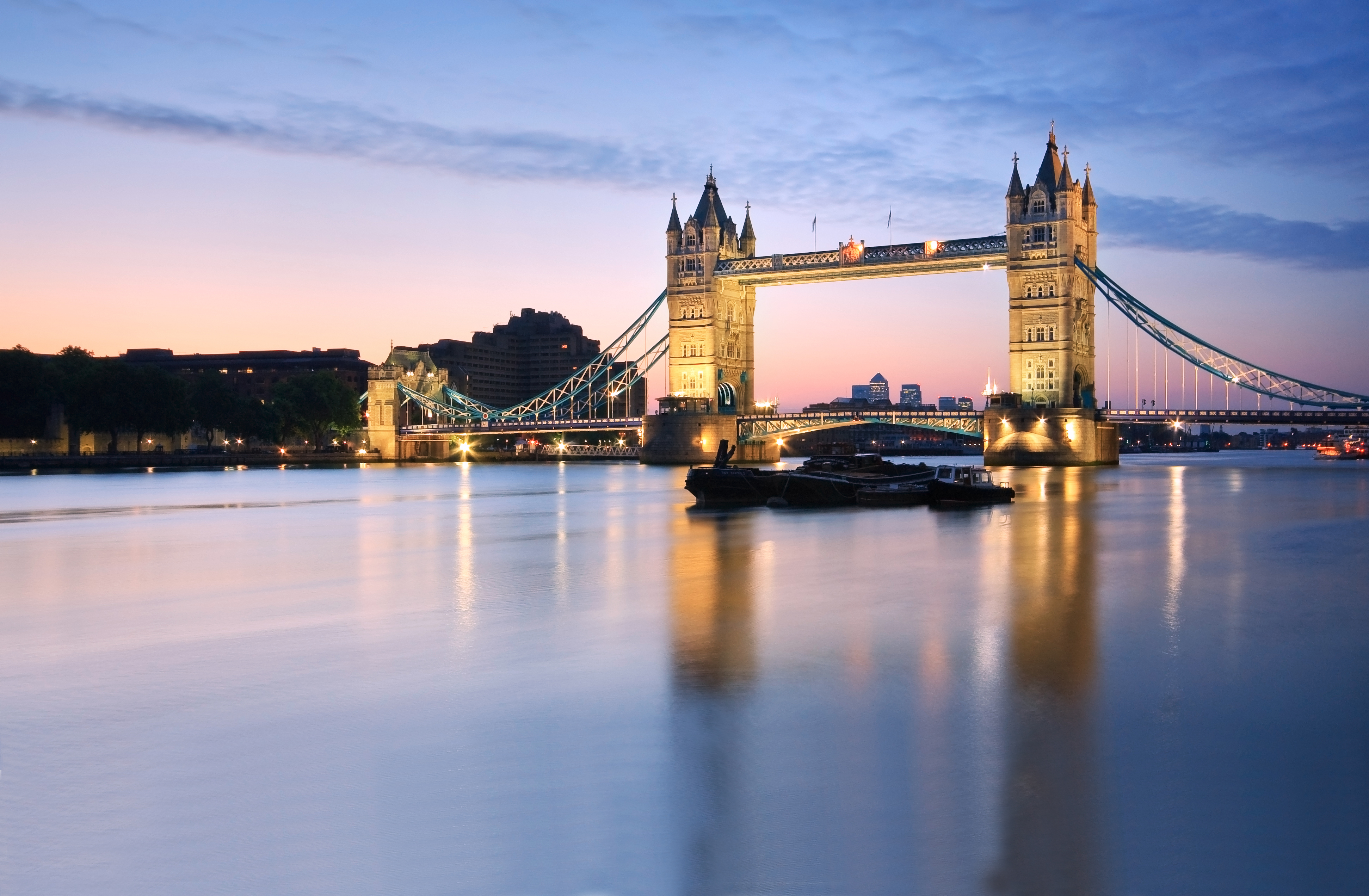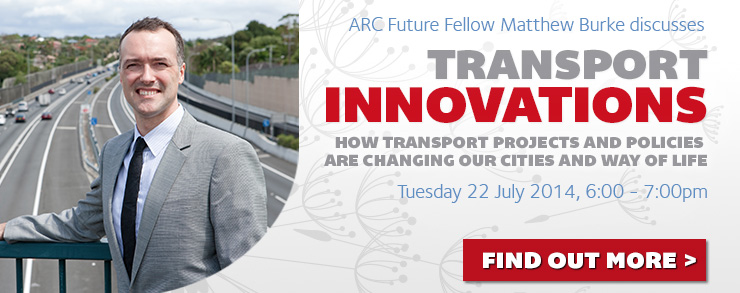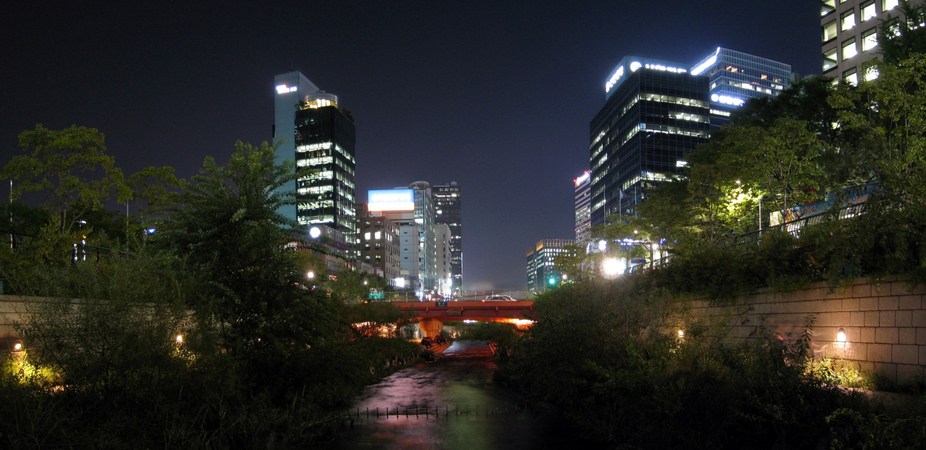Event legacy – the positive things left behind after a major sporting event – has become an important part of the competition to host events and winning bids are now determined as much by what they promise to leave behind as by their capacity to host a successful event. Professor Paul Burton discusses how the Gold Coast is already planning for a successful legacy after the 2018 Commonwealth Games.
Along with thousands of fellow Gold Coasters I gathered at the Broadwater Parklands on the morning of 12 November 2011 to learn the outcome of the competition to host the 2018 Commonwealth Games…and I too punched the air in delight when the result was announced. Deputising for Premier Anna Bligh, who was in St Kitts to hear the announcement at first hand, Minister Andrew Fraser said that winning the Games ‘will change the nature and future of the Gold Coast’.
For those of us who watch major sporting events, such as the World Cup or the Olympics, what stays with us after the event are our memories and if we attended in person maybe some mementos – a ticket to the final, a tee shirt and some photos. But what about the cities that host these events, do they retain anything but their own memories?
Event legacy – the positive things left behind after a major sporting event – has become an important part of the competition to host events and winning bids are now determined as much by what they promise to leave behind as by their capacity to host a successful event. But it was not always so; before the 1990s little attention was paid to the wider impact of hosting a tournament or a winter or summer games. By the start of the new millennium hosting major sporting events had become an established part of the global competition among cities in which reputation and prominence are some of the most significant measures of urban success.

However, the competition to host the 2018 Commonwealth Games epitomised many of the contradictions and geopolitical complexities of these global processes. The fact that the Commonwealth is a global institution of waning significance may help explain why only two countries eventually submitted bids to host the 2018 event, with the Sri Lankan bid to hold the Games in Hambantota widely believed to be supported by the Chinese government as part of its wider strategy to build its presence in the Indian Ocean. Nevertheless, the chance to host the Games is extremely important to cities like the Gold Coast. As Premier Newman said last year, “These Commonwealth Games bring tangible and intangible benefits to the Gold Coast and all of Queensland that go well beyond the staging of the event.” (Embracing Our Games Legacy, 2013)
From Glasgow to Gold Coast
In many cities, including Glasgow which has just hosted the 2014 Commonwealth Games, these tangible and intangible benefits include the opportunity to revitalise parts of the city, often those blighted by deindustrialisation and decades of urban disinvestment and decay. And of course these plans can also be controversial, when limited public funds are seen to be redirected from much needed public services and poor residents are displaced by major building projects. But the Gold Coast’s plans are rather different: we are not a city that has been ravaged by deindustrialisation and we will not be bulldozing poor neighbourhoods to build iconic stadiums. But the impact of the Games will be profound and we want to know more about this in the build-up to the event itself and afterwards.
We are building a team of researchers at Griffith to explore all aspects of the impact of the Games on the city. Led by myself and Professor Kristine Toohey of the Department of Tourism, Sport and Hotel Management, we are also working with experts from beyond Griffith, Including Professor Ade Kearns of the University of Glasgow, Professor Simone Fullagar of the University of Bath, major consultancy firms such as AECOM and key stakeholders in the Queensland Government and the Council of the City of Gold Coast.
The City of Gold Coast Mayor, Tom Tate has said, “We must maximise this once-in-a-generation opportunity and ensure 11 days of hosting the 2018 Commonwealth Games translates into decades of economic prosperity and a lifetime of social and cultural enrichment.”
Economy, community, lifestyle
Our program of research is designed to support this bold ambition in a number of ways. First, we will be conducting a systematic review of existing research into the impact of global sporting events so that we are best placed to learn lessons from the past and appreciate the complexities of legacy measurement. Second, we will work with others, especially in the State and local governments, to help build the most rigorous framework for assessing legacy benefits and third, we will contribute to the ongoing planning of legacy by providing reliable evidence of what works and what doesn’t.
The initial legacy strategy for the Games highlights three areas in which we can expect to see lasting benefits: in our economy; for our community and in our lifestyle. This means we will be looking to see how many new jobs are created in the construction sector though building new venues and facilities to hold the Games. It means measuring the extent to which we are inspired by the Games to become more active and to lead more healthy lifestyles, and it means exploring how the city as a whole grows as a vibrant and diverse community which is recognised as such on the global stage.
There are many technical and political challenges in doing this type of research, in producing work that is practically relevant and which meets the high scholarly standards we expect at Griffith. We welcome these challenges and invite anyone who shares these interests and commitments to join with us over the coming years in this exciting program of research.
Author: Professor Paul Burton
Find out more about Urban Research Program
Keep up to date and subscribe to Impact @ Griffith Sciences






I agree that sporting events help build good memories among other things. It is important o remember that there is a lot of work put into these things to make sure the people who participate or just enjoy them from the sidelines have fun and are safe. I can see that this also helps people make an effort to do their best as well as stay engaged in a good and healthy cause.